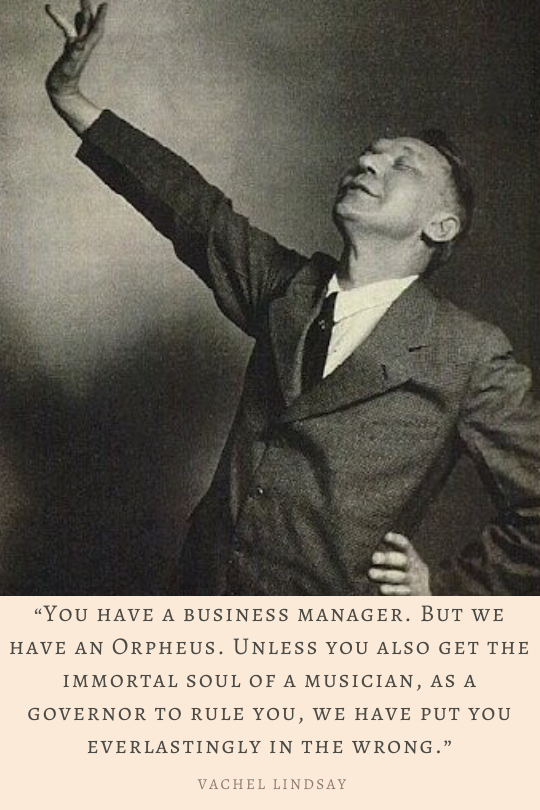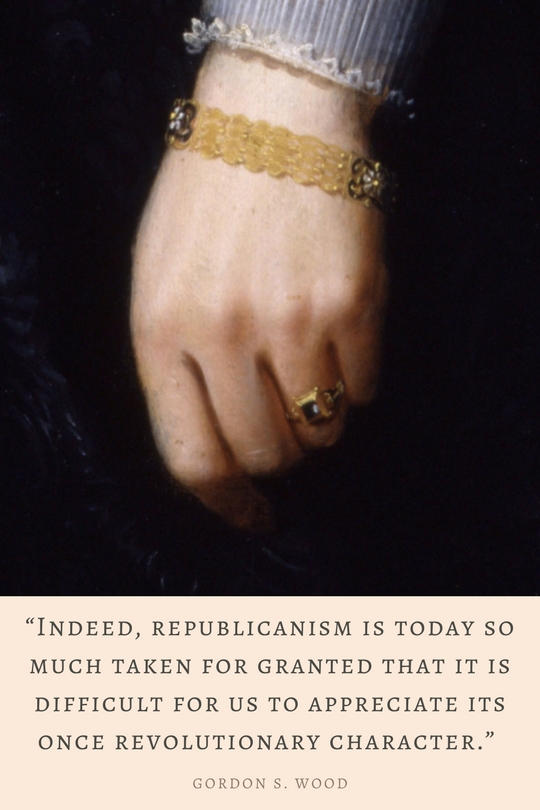Angelica Balabanoff on Mussolini’s Problem in the “The Young Mussolini” film (1993)
A few months ago, I ordered from Amazon the film Il Giovane Mussolini (1993), renamed “Benito: The Rise and Fall of Mussolini.” I wanted to see what difference the film was to the later more psychological interpretation of Mussolini’s mind in Vincere (2010). In The Young Mussolini, Benito Mussolini is played by now famous actor, Antonio Banderas. Susanne Lothar co-stars beside him as Angelica Balabanoff a close associate who would go on to found the Italian Democratic Socialist Party. Benito Mussolini is quite a very intriguing figure in history to me, more than Adolf Hitler, and I had neglected to learn more about his life and influences. Mussolini believed, that he was a re-embodiment of Giuseppe Mazzini in political spirit. I’ve become fascinated with alternative scenarios, considering what made Mussolini and the decisions he made; and seeing that he had such an opportunity not afforded to other men in history, to bring to the unifying “New Italy” after the Franco-Prussian War in 1870 (involving Giuseppe Garibaldi and Victor Emmanuel II) the pride many people of the new nation had lost and longed for once again. Benito Mussolini promised them the glory of a New Roman Empire, which he defended in an interview:
“I was accused of tyranny, which I imposed on the Italians. How they will mourn it. And it will have to return, if the Italians want to be a nation again and not a bunch of slaves. And the Italians will want it. They yearn for it. The furious people will chase away the false leaders, the base little men who have submitted to foreign interests. They will bring flowers to the graves of the martyrs. To the graves of the fallen for an idea that will be the light and hope of the world. They will say then, without flattery, without falsehood: Mussolini was right.” (Benito Mussolini, Palazzo Monoforte, Milan Interview)
The new Italian film, Sono Tornato, a much more light-hearted, down-to-earth comedic portrayal of Mussolini was released in the middle of the March 4th general elections in Italy, and has caused quite the stir. I went back to older films to see the different portrayals of Benito Mussolini.
Director Luca Miniero said of the new film, Sono Tornato:
“Unlike the Germans, Italians have never come to terms with their dictator. It is as if they write off how dangerous he was, as if they forgot history’s lessons.”
Many Italians do not see their totalitarian past as a political taboo, and some even feel ‘deep nostalgia’ for the old regime, says The Daily Sabah (New Italian film says Mussolini ‘is back’). It is true, that Mussolini, like Garibaldi and Mazzini is still held by some Italians today as a patriotic hero. Journalists and Political theorists, who want to be affirmed in their fears that Fascism is rising again in Europe and even America are therefore stunned and write articles like, “New film about Mussolini poses awkward questions about Italy’s attitude to Fascism as election looms.”
In the film Benito: The Rise and Fall of Mussolini, the scenes of Mussolini with Angelica Balabanoff are revealing. From their very first interactions, and throughout the film, where we find revolutionary socialist Mussolini getting in constant trouble, Balabanoff is continually stressing to young Mussolini interested in the anarchists and socialists, to ‘study, study, study.’ ‘Study this book and that author,’ so that he could understand the roots and foundations of socialism, and their concerns.
This is something you will find characteristic of many socialists, keen to history and political theory. But Mussolini never studies socialist literature and influences, but is moved by his passion.
Towards the end of the film in their last encounter, Balabanoff repeats to him again later in his life, ‘I told you to study, you neglected it, I tried to help you, but still you spread socialism like a street preacher!’ Mussolini had said at a previous convention to a body of socialists, “socialism is in my blood!”
Balabanoff was basically saying, that Mussolini knew nothing about the aims of Socialism, stating in their last encounter, that because he neglected to study, that he knew nothing of the complexities of class struggle, so that he would stand up for the poor and the workers, which his Fascism entirely neglected.
So she explains, ‘only if you had listened to me, and studied,’ and then sees him off. At this time, Mussolini is deeply conflicted with his pacifist stance toward the World War, and much of the last part of the film is tackling, what made Mussolini change his pacifist stance.
Was Mussolini really less learned, as to history, socialist theory, and philosophy? During the period of the Ventennio (Mussolini’s twenty-years in power), Mussolini often made the connection between the Italy in his reign to ancient Rome as the cornerstone of the Italian Fascist government:
“I have never, with closed eyes, accepted the thoughts of others when they were estimating events and realities either in the normal course of things or when the situation appeared exceptional. I have searched, to be sure, with a spirit of analysis the whole ancient and modern history of my country. I have drawn parallels because I wanted to explore to the depths, on the basis of historical fact, the profound sources of our national life and of our character, and to compare our capacities with those of other people.” (Benito Mussolini, My Rise and Fall, edited by Max Ascoli, Richard Washburn Child, and Richard Lamb, New York: Da Capo Press, 1998, pp. 22 – 23)
This is the famous “Dios and the Clock” moment in the life of Mussolini, from The Young Mussolini film, which was also the first scene acted out in Vincere (note the old republican motto “Egalite, Liberte, Fraternite” behind him). Balabanoff laughs at him at the end of his first hall speech, where he says, if God exists, then by the time this time-clock runs out, he would, or would not strike him down. Eventually, in time Mussolini would be struck down by causes of his own making.
Go to settings, subtitles, auto-translate to your preferred language.
In this next clip, it is much more down the timeline, when young socialist Mussolini gets in trouble, and is exiled by the Austrian empire, and you can see as in this scene, and throughout the film, this hope Angelica Balabanoff had each time, that Mussolini would change his ways.
As in this film’s scene, there’s a connecting portrayal about the socialists with the recent adaptation of Karl Marx’s life in the film, Der Jeung Karl Marx (2017), directed by Haitian filmmaker and political activist Raoul Peck. In The Young Karl Marx, we see at the end, Karl Marx separate from the Socialists — as Balabanoff says are the feelings of Mussolini about his socialist comrades also — for not being “revolutionary” enough. Karl Marx leaves the socialists, in disagreement with their pacifist and altruist stance in The Young Karl Marx to found the Communist Party, and Benito Mussolini in The Young Mussolini leaves the socialists in disagreement with their pacifist stance, however opportunistic for his new revolutionary doctrine of Fascism.
Mussolini’s Fascist philosophy was always deep in his revolutionary socialist rhetoric, as he states in this scene, that our Italian socialism must conquer the masters, but as Balabanoff points out to him later, the masters he means, are only those in power, so that he could obtain their power, and not particularly, any socialist revolution of the labourers.










